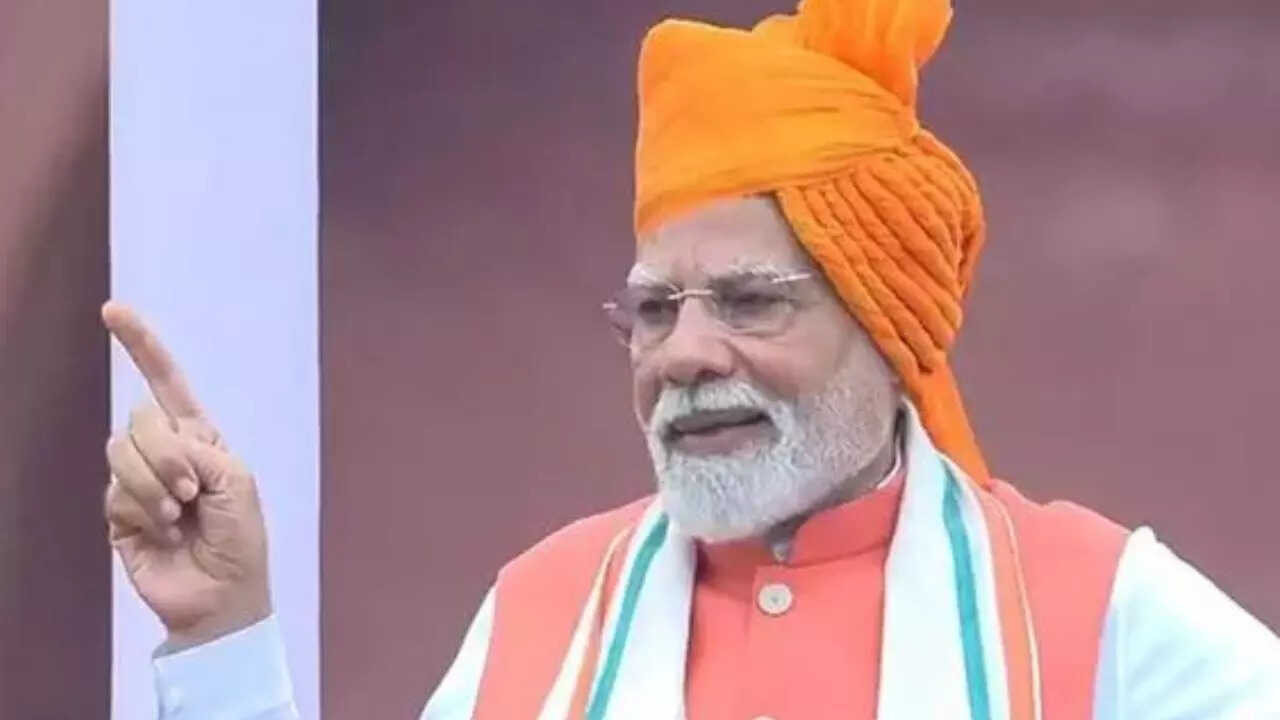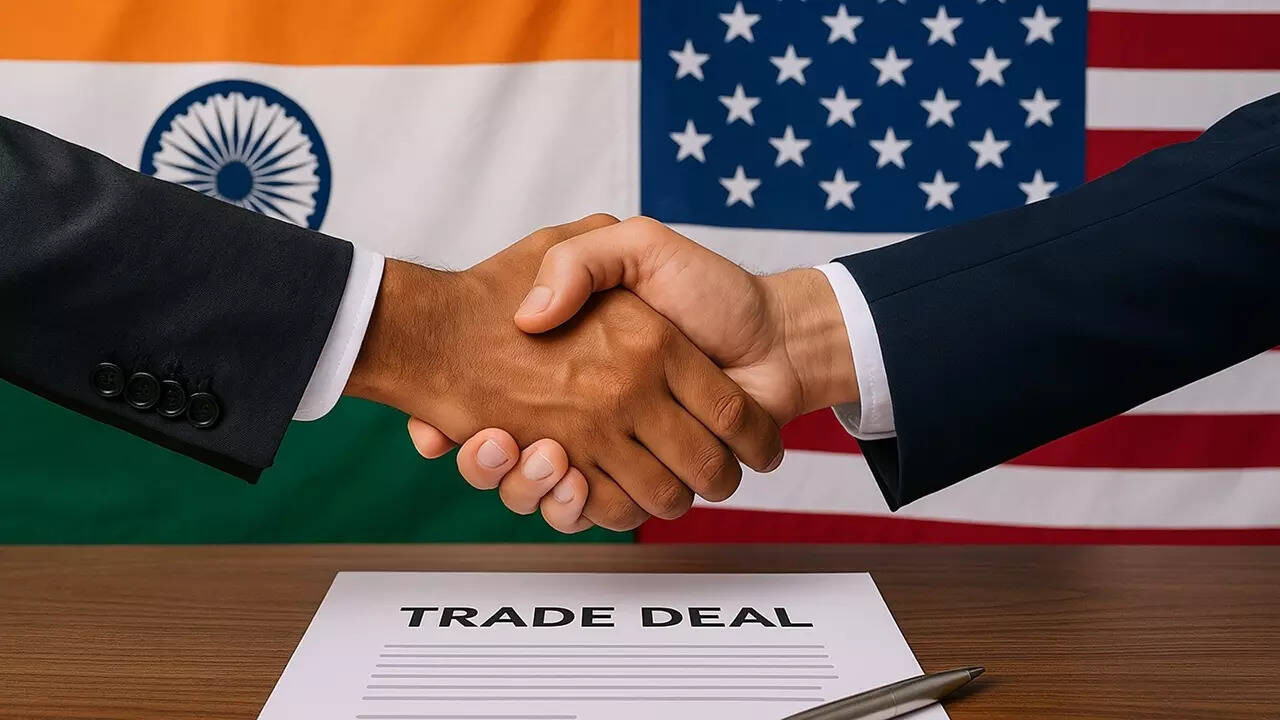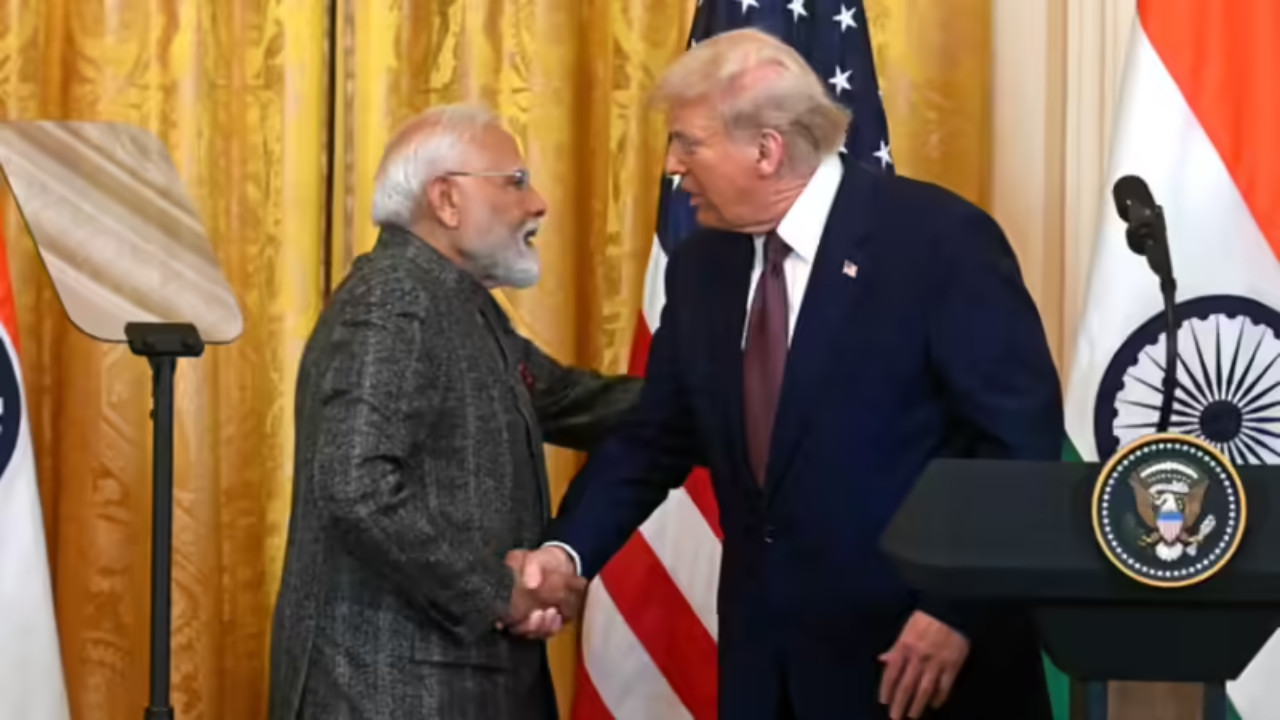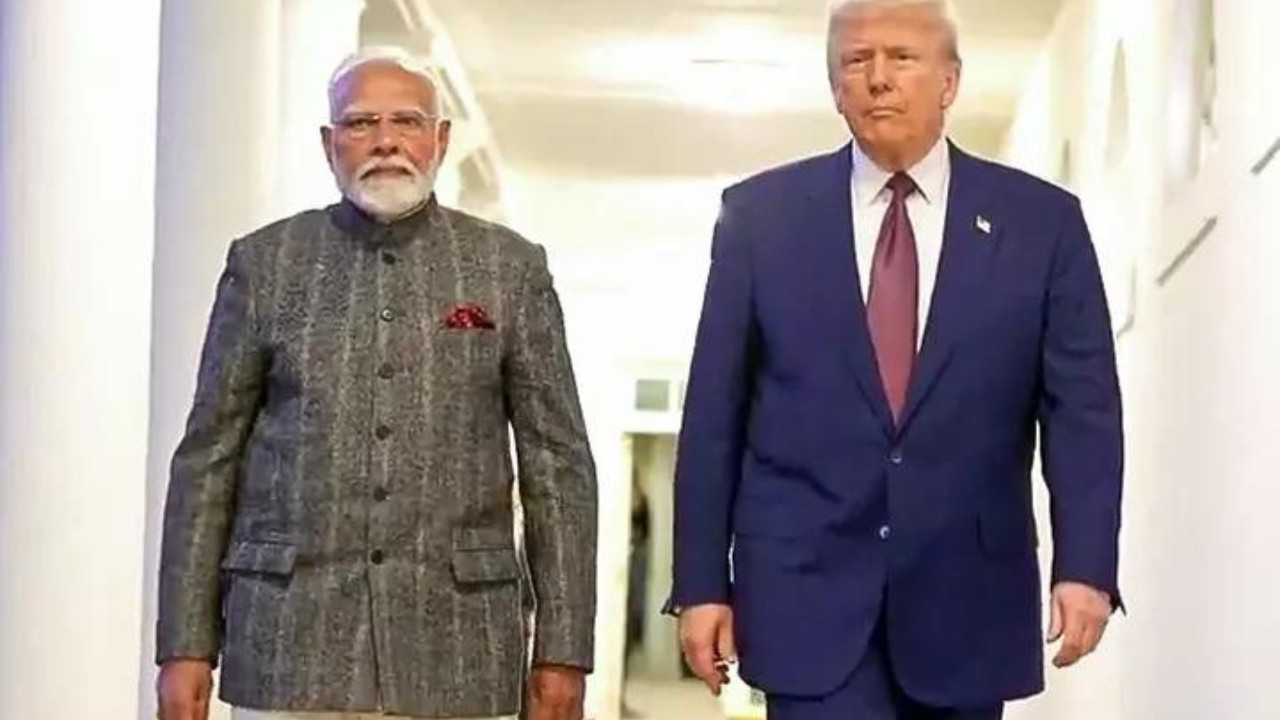Prime Minister Modi announced India’s push for self-sufficiency in critical minerals like lithium and rare earth elements, essential for clean energy and technology. Exploration is underway at over 1,200 sites. He also emphasized reducing reliance on fertilizer imports, urging judicious use and increased domestic production to protect soil health and benefit the nation’s economy.
India’s Vision for “Viksit Bharat”: A Deep Dive into Self-Reliance
Prime Minister Modi’s recent Independence Day address wasn’t just a patriotic celebration; it was a blueprint for a self-reliant, prosperous India – a “Viksit Bharat” – with a clear emphasis on strategic resource management. The speech resonated with ambition, outlining specific areas where India aims to reduce dependence on foreign nations and bolster its domestic capabilities. The focus? Critical minerals and fertilizer production.
For years, India has relied heavily on imports for key raw materials essential for industries ranging from renewable energy to agriculture. Modi’s message was clear: it’s time to change that. The push for atmanirbharta, or self-reliance, isn’t just about national pride; it’s about securing India’s economic future and ensuring its strategic autonomy in an increasingly volatile global landscape.
The Critical Minerals Challenge: A Call to Action
The global race for critical minerals is heating up, and India intends to be a serious contender. These minerals, vital for technologies like electric vehicles, solar panels, and advanced electronics, are concentrated in a handful of countries. This dependence creates vulnerabilities, as supply chain disruptions or geopolitical tensions can significantly impact India’s burgeoning tech and manufacturing sectors.
Modi’s call for self-reliance in critical minerals wasn’t just a suggestion; it was a directive. He emphasized the need for exploration, extraction, and processing of these resources within India’s borders. The government is already actively exploring various strategies, including incentivizing private sector investment in mining and processing technologies, streamlining regulatory processes to expedite project approvals, and forging strategic partnerships with other resource-rich nations to diversify supply sources.

Finding and utilizing domestic reserves of critical minerals will reduce dependence on foreign nations and contribute to a more secure and sustainable supply chain for India’s industries. This is particularly important as India aggressively pushes for electrification and expands its renewable energy infrastructure.
Fertilizers: Nourishing the Nation, Independently
Agriculture remains the backbone of the Indian economy, and access to affordable and reliable fertilizers is crucial for ensuring food security. Currently, India imports a significant portion of its fertilizer needs, exposing it to fluctuations in global prices and supply disruptions. This is where the second pillar of Modi’s self-reliance push comes into play: boosting domestic fertilizer production.
The government is promoting the use of alternative fertilizers, such as nano-fertilizers and bio-fertilizers, which are more efficient and environmentally friendly. Simultaneously, efforts are underway to revive dormant fertilizer plants, increase the capacity of existing facilities, and encourage the adoption of indigenous technologies.
Furthermore, the focus extends beyond simply producing more fertilizer. The government is also promoting sustainable agricultural practices that reduce the overall reliance on chemical fertilizers. This includes promoting organic farming, improving soil health management, and encouraging farmers to adopt precision agriculture techniques. This holistic approach not only reduces import dependence but also contributes to a more resilient and sustainable agricultural sector. Consider how the government is encouraging more sustainable farming practices by offering subsidies and training programs. It’s a full circle approach to resource management.
Reducing Imports: A Multifaceted Approach
The underlying theme of Modi’s address was a clear shift away from import dependence. This isn’t about isolating India from the global economy; it’s about strategically strengthening its domestic capabilities to ensure greater economic resilience. The strategy involves a multi-pronged approach, including:
* Incentivizing Domestic Production: Providing financial incentives, streamlining regulations, and fostering innovation to encourage local manufacturing across various sectors.
* Promoting Research and Development: Investing in research and development to develop indigenous technologies and reduce reliance on foreign expertise.
* Skill Development: Equipping the workforce with the skills needed to support a self-reliant economy.
* Strengthening Infrastructure: Investing in infrastructure development, including transportation, logistics, and energy, to facilitate domestic production and trade.
This isn’t just about cutting imports; it’s about building a robust and competitive domestic economy that can drive innovation, create jobs, and contribute to India’s overall prosperity. These efforts also support India’s commitment to sustainable development, ensuring that economic growth doesn’t come at the expense of environmental degradation. Check out other government initiatives driving sustainable practices on our related posts.
A Future Forged in Self-Reliance
Prime Minister Modi’s Independence Day speech was a powerful statement of intent, outlining a clear vision for a “Viksit Bharat” built on the foundation of self-reliance. The focus on critical minerals and fertilizer production highlights the strategic importance of these sectors in securing India’s economic future. While the path to achieving complete self-reliance may be challenging, the government’s commitment, coupled with the dynamism of the Indian private sector, suggests that India is well-positioned to achieve its ambitious goals. Ultimately, the success of this endeavor will depend on collaborative efforts between the government, industry, and citizens, all working together to build a stronger, more resilient, and self-reliant India.







